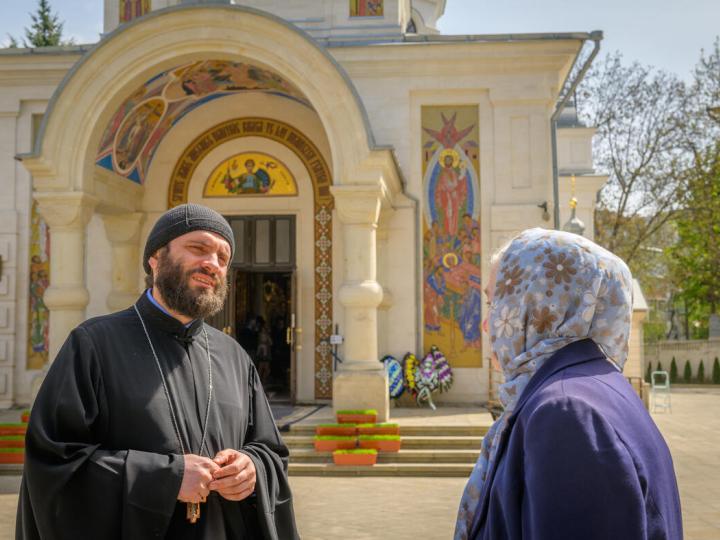
Faith Sensitive Mental Health and Psychosocial Support
More children are on the move due to violence, war, poverty and natural disasters than ever before. According to UNICEF, more than 70 million children worldwide are displaced within their own countries or have migrated over borders in search of security, stability and refuge.
Displaced and migrating children experience higher rates of mental health disorders and unless effective supports are engaged, they can suffer lifelong negative impacts from prolonged exposure to deprivation and danger. Responders working with displaced children are advised in global guidelines to work to restore a sense of safety, stability and normalcy. For the majority of the world’s children, restoring “normalcy” includes re-engaging elements of culture and faith practice from their homes of origin.
Evidence shows that mental health and psychosocial supports (MHPSS) that are adapted to faith and culture can help reduce distress, strengthen the children’s sense of belonging and boost resilience. Children on the move are entitled to such faith and culturally-sensitive assistance in keeping with the Best Interests of the Child principle set forth in the Convention on the Rights of the Child (CRC) and with international humanitarian principles and laws. Despite the mandates and evidence, tens of thousands of children do not receive such care.
World Vision has been partnering with a network of organisations through Faith Action for Children on the Move since 2017. This work is now focusing on faith-sensitive Mental Health and Psychosocial Support (MHPSS). Together, the network of faith-based organisations and academic partners have developed a workplan and made a formal pledge to the Global Refugee Forum to strengthen evidence, build capacity and promote policy that ensures faith-sensitive MHPSS for children and their communities. All the elements of the pledge will be undergirded by a strengthened understanding and review of both formal academic literature on the topic and a mapping of existing good practice.
Local stakeholders from the Syria response, Ukraine response and Latin America came together in regional dialogues to share their experience, opportunities and barriers for more effective collaboration. Together, we have developed case studies and principles for good practice as well as a policy brief, rooted in these local roundtables as well as globally recognised standards like the Convention on the Rights of the Child and Sphere Standards.
In 2025, we are continuing to promote local conversations as well as engage, deepen our research understanding through a trilingual literature review (Spanish, English, Arabic) and case study development process led by Queen Margaret University.